Ridiculous Opinions #281
2025-03-15
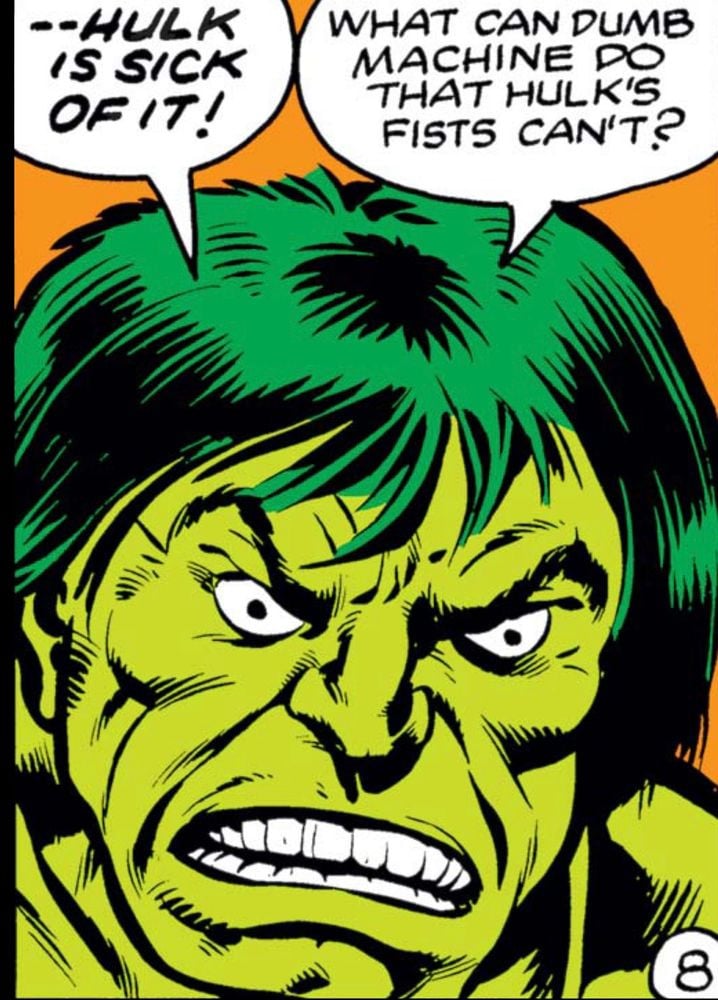
A.I. is an interesting concept that has always seemed to me to be a gigantic pyramid scheme designed to prop up a tech industry that has no more original ideas. If you’d like further thoughts on this particular subject and why the tech industry is out of ideas, then have a look at this video:
Aside from the very YouTubey editing, his annoying voice, and the “cuteness” of his delivery, he says some pretty interesting things about why technology isn’t so hot anymore. At this point, my iPhone could probably last me ten years or more, with a battery replacement, and would last ten years if they didn’t intentionally downgrade the software to the point where our phones become unusable. The iPads that people buy and use are phenomenal devices that, again, could probably last many years. I just bought a new one this week that I plan to keep FOREVER. I don’t need a new iPhone and I don’t need a new iPad anymore.
So, what does a tech industry that has “peaked” (as far as the technology that they produce) do when they can’t keep people coming back to constantly upgrade their devices?
They invent a new thing.
A.I. is that new thing. And while I cannot say that the technology isn’t cool, it is most definitely not the panacea that they claim it to be. We do not need to stop everything and worship at the altar of our A.I. gods. It is a tool and little more than that. If we need to be worried about anything involving A.I., it’s the morons that rely on A.I. without giving it a second thought; thus signaling the downfall of humanity will not be A.I., as much as the downfall of humanity will be humanity’s use of A.I. without giving it much of a second thought.
I already see my students on a daily basis consulting ChatGPT for even the simplest of tasks. Anything involving any extra amount of work that might inconvenience them will send them running straight towards their computers to provide them with an answer that they are much too lazy to take the 1.5 minutes to look up themselves. And of course, they will copy and paste the answers in without question. The dumb ones don’t even read over the answer that has been spit out. They just copy and paste.
I saw this when I recently asked my students to write a paragraph on how Star Wars represents Marxist Theory in filmmaking. It’s easy to tell when students have written the answers themselves. There are spelling mistakes, half-formed thoughts, shifts in narratives, and words inserted where they shouldn’t be.
But it’s just as easy to spot when A.I. has been used. At least six of my students used the term “proletariat” so casually that you would think that it was a vocabulary word upon which they were being tested. All I had to do was ask them to use proletariat in class that day and I quickly learned that my good friend, ChatGPT, was now the author of that simple paragraph.
I can’t really say that I blame the kids for wanting to use A.I. to do the work. Thinking is hard. Forcing yourself to write from your own brain is hard. In this day and age, when we all have the attention spans of fruit flies, focusing can be difficult. I understand the appeal of these things.
But the notion that these students just do this without questioning the results or refining the work to suit their own voices and/or reasoning is a bit scary. But hey, that’s the world we live in and the world that we are creating for the future. I guess when I see this I shouldn’t be surprised that so many complete idiots support Trump. (And again, if you’re a Trump supporter, please, for the love of god, unsubscribe now. You are a moron and there is no hope for your idiocy).
Be that as it may, I decided to try a couple of A.I. experiments over the last couple of days and I learned a lot about how A.I. can function as a tool, rather than the end-all-be-all of our society.
As many of you might know, I have been writing a science fiction novel over the past year. I write 500 words a day, five days a week. It’s slow going, but I’ve reached approximately 96,000 words on it and I’m moving into the home stretch when it comes to finishing the work. However, writing science fiction can be incredibly hard. I’m inventing worlds, which is a fun thing to do. I’m inventing societies and technologies; I’m inventing relationships and how information is disseminated throughout galaxies; I’m inventing lore and lineages and planets and races. It’s a lot to keep up with.
Because I really, really like creating things, I would venture to say that the complexities of what I’ve created are massive. I have little doubt that most sci-fi writers experience the same thing, and because I write according the schedule I laid out above, I found when I had gotten to around 40,000 words that I was becoming confused. I couldn’t remember the relationships between characters and societies. I couldn’t remember if I had given a last name to one character and not the other. I couldn’t remember the names of ships or planets or languages. I would waste the first precious minutes of my writing time trying to go back and figure out whether two characters had had some kind of interaction or not.
Because of all of this, I started keeping a glossary of terms. If I became confused, I would go back and look at the glossary to see what it was that I needed. This worked for a while, but then I also got lazy and would skip certain off-handed moments. I would casually mention a species of alien in one breath and think, I’ll never look at that again and judge that it wasn’t important enough to add to the glossary.
But then, as the word count progressed, I soon discovered that I was becoming confused again. As the plot of my novel thickened and the cast of characters grew, I realized I needed to add those characters. What was I supposed to do? Did I need to go back through the novel with a fine-toothed comb and find all of the glossary entries?
My answer was Claude.
Of all of the A.I. systems out there, I find myself gravitating towards Claude.ai. It gives me the answers I need in a bit of a no-fuss way. So my solution for my glossary was to ask Claude to do it. Thus, I copied all 96,000 words and then pasted them into Claude, asking it to come up with a glossary of terms regarding technology, planets, races, and any other little thing that it could find in order to refine my glossary.
It spit it out in about thirty seconds.
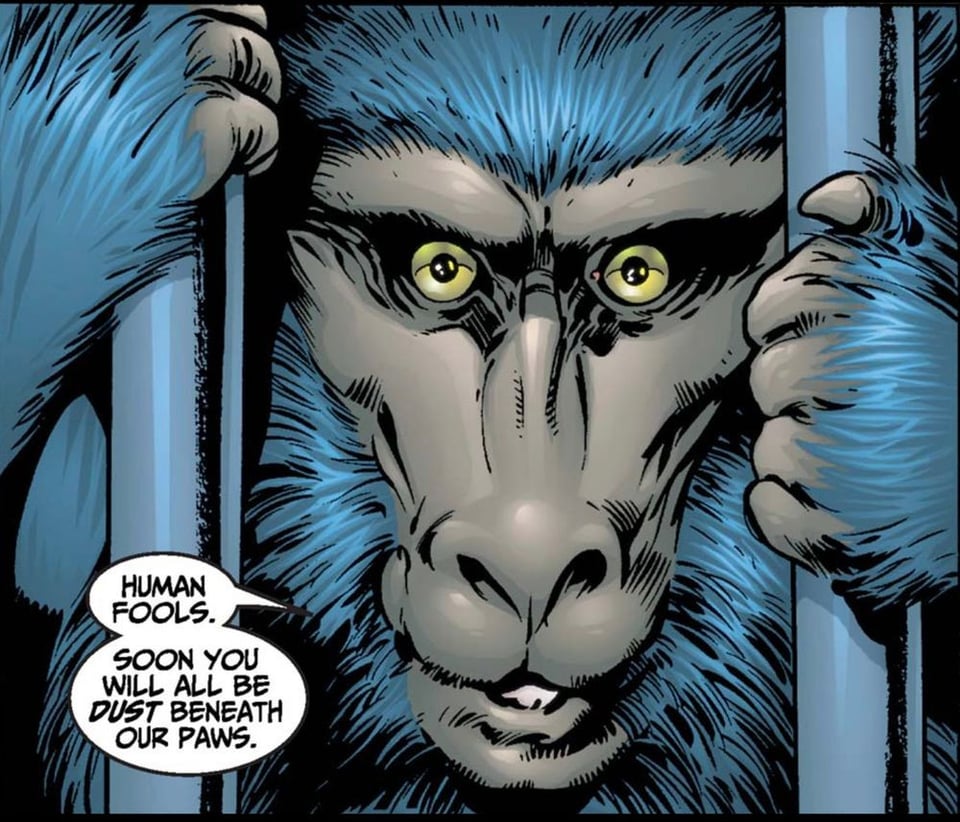
I was amazed. I looked at what it had given me and was absolutely astounded at what it produced. There was my new glossary, with definitions and the categories that I asked for. What would have taken me days, if not weeks, to produce, Claude did it in about thirty seconds.
I ran to Tracey and said, Look at what Claude did! and I celebrated the notion that our A.I. overlords were truly the greatest things I had ever seen. I texted a couple of friends and told them of my joy and amazement. I thought, This is the future! and moved on.
But then, I thought, Check it, Randall. Make sure.
I knew that I had to do the very thing that I admonished my students for not doing. I had to verify the results. In order to see what, exactly, was happening, I broke out my original glossary that I’d done by hand and compared the two. My original glossary was sloppy and haphazard. Claude’s was well-laid-out and had bullet points and everything.
It turns out that Claude only got the main terms; the most obvious entries. And when I first received the results, I was dazzled by those main terms that were there for me. I thought, It has recognized everything! but it hadn’t at all. Sometimes, it noticed things that might have appeared in the margins, but it was soon clear that Claude wasn’t nearly as smart at analyzing text as I thought it was. Like my high school students, it was plucking the easiest fruit from the vine and ignoring the rest. This was not some computer program that was able to examine everything with a fine-toothed comb and provide the results. It was, for lack of a better term, as lazy as anyone else. It did the easy things, but left the detail behind.
Thus, I would venture to say that Claude only caught about half of what I asked it to do. That’s not to say that the mere fact that it could do that was pretty amazing, but it was definitely not the solution to all problems. In order to create a good glossary for my novel, I still needed to do it by hand. Sorry, Claude, you just didn’t cut the mustard.
A.I. is a tool. But to use a tool still takes human ingenuity and creative thought. It takes an attention to detail and a thoughtfulness that a computer program just can’t handle. The human brain is a complex mechanism that is able to think (as far as I’m concerned) on a quantum level that exists on a plane that we can’t quite understand as of yet. Creative thought is unique to living creatures, and though computers might be able to simulate creative thought, the soul of that thought is (and forever will be) out of their reach.
But in order to prove this, I needed a further experiment. So, I decided to ask Claude to write a screenplay based upon one of my ideas. And it did.
But in order to find out what it did, you’re going to have to come back next week…
See you then!

Don't miss what's next. Subscribe to Ridiculous Opinions!:
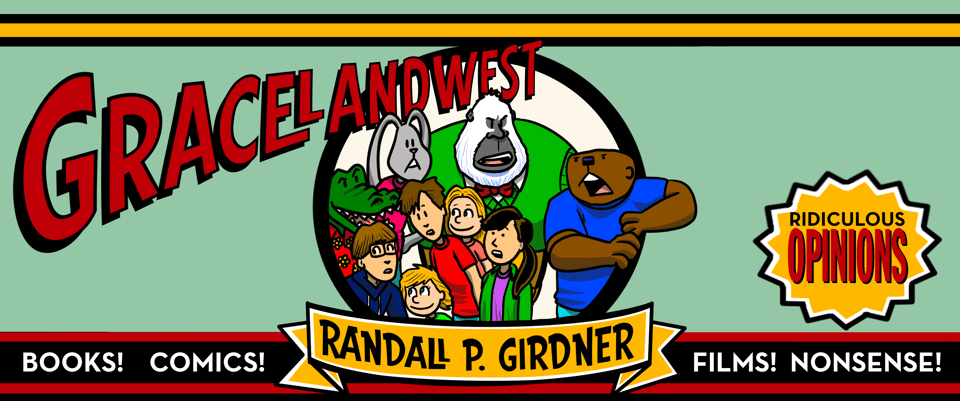
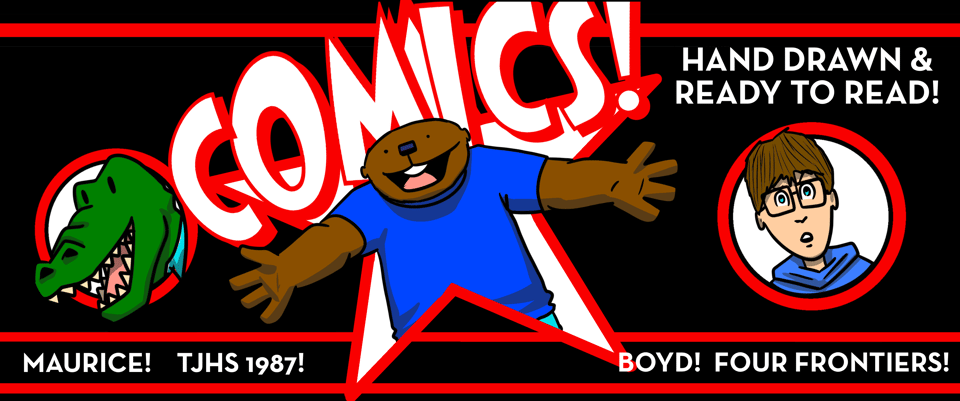
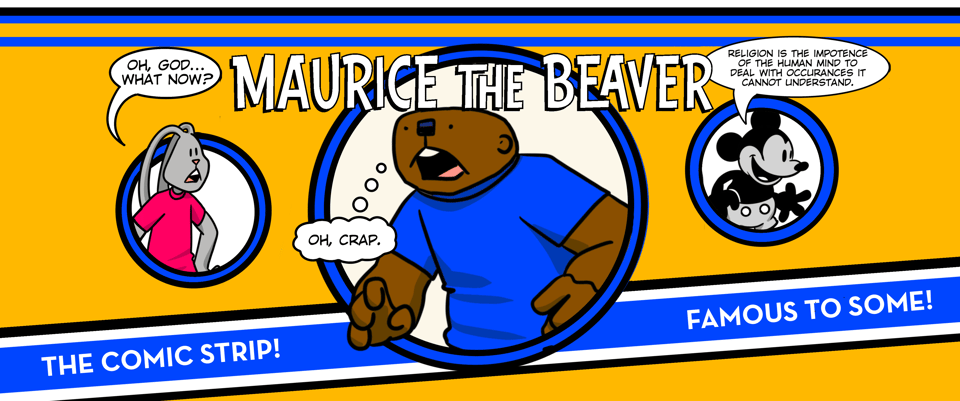
Add a comment: